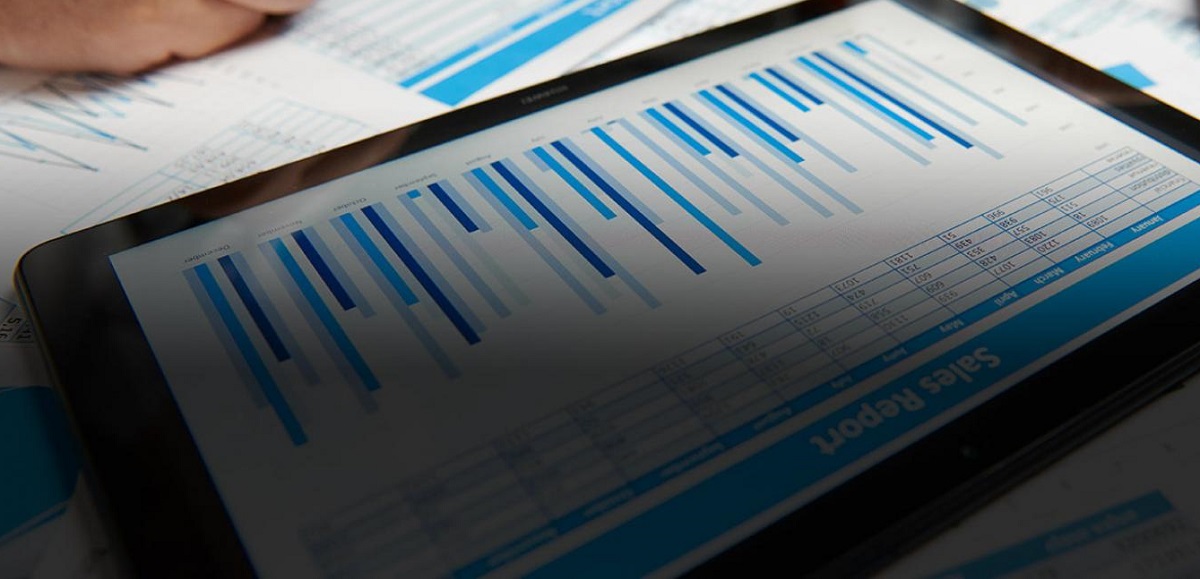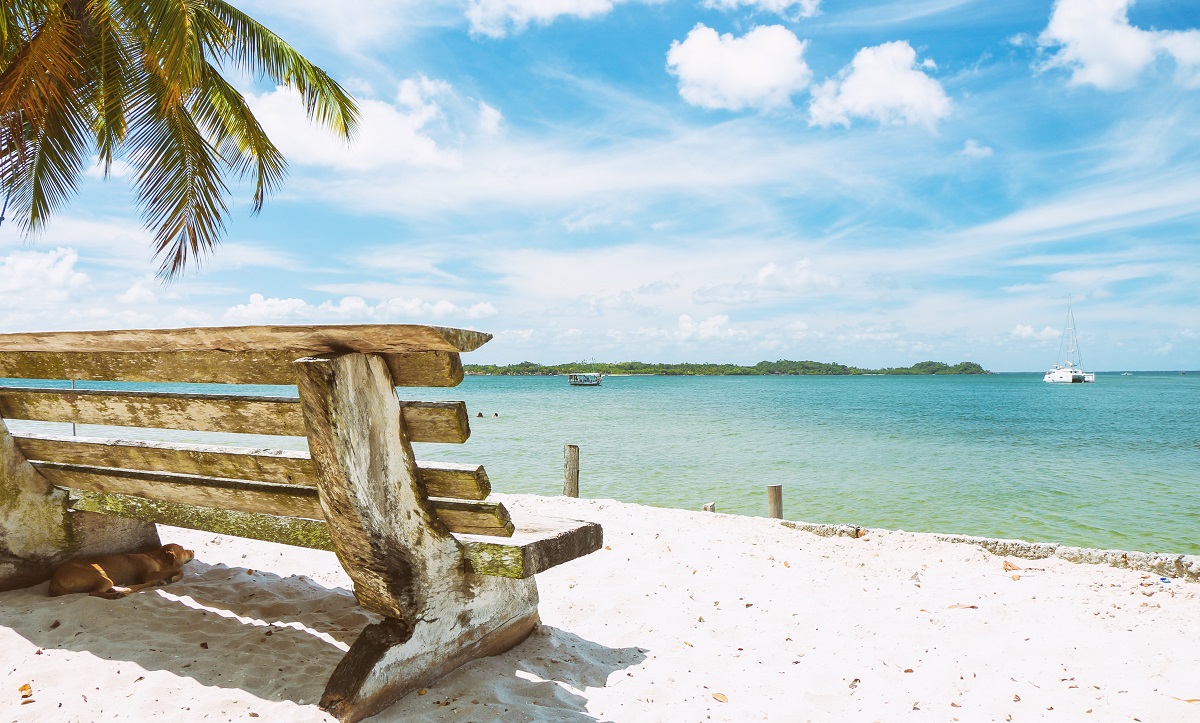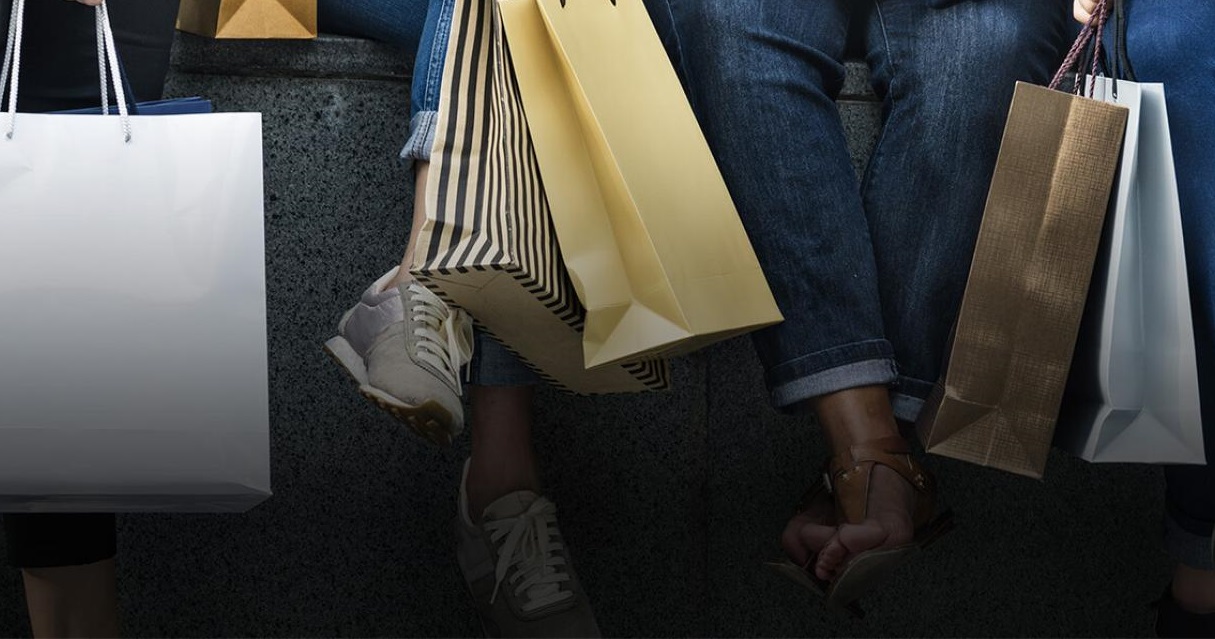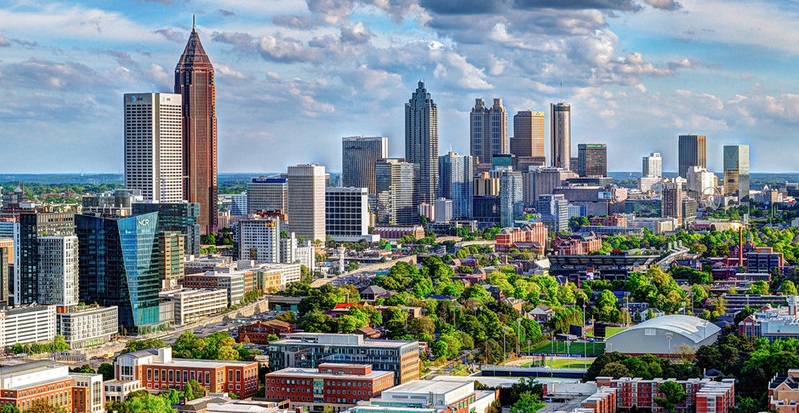Console gamers have not been sitting on the sidelines, patiently awaiting next generation Xbox and PlayStation systems to arrive. Envestnet | Yodlee COVID-19 Spending trends have shown that console spending has continued to maintain high levels throughout the pandemic.
At the onset of the pandemic, consumer spending on both grocery and food delivery services experienced large spikes. Several online grocery purchase platforms reported a massive increase of new customers making their first-ever purchase during the week of March 31. States like Florida, Georgia, North Carolina, Illinois and Pennsylvania saw high growth in new customers opting for grocery delivery.
Months into the global pandemic, salons and barber shops are slowly opening back up at different stages, but the industry as a whole remains hit hard. An analysis of spending at personal grooming retail outlets (haircuts, barber shops, spas, salons etc.) reveals that this industry has been severely affected by COVID-19.
Overall, Envestnet | Yodlee COVID-19 Income and Spending trends data shows that consumer spending in the summer resort category has recovered since bottoming out in April 2020. For this analysis, we looked at spending in resort towns during summer to see if the pandemic affected areas that would usually be bustling during vacation months. In our analysis, we took a closer look at U.S. towns like Truckee, California; Aspen, Colorado; Jackson Hole, Wyoming; and others.
The COVID-19 pandemic put tremendous pressure on the new mortgage market in the United States through May 2020. While COVID-19 has made the in-person home inspection process more challenging, it has not slowed the pace of new mortgage applications and re-financing through this time period.
In March 2020, the travel industry came to a near standstill. Trains, planes, and automobiles all saw a steep decline in consumer engagement as the vast majority of personal and corporate travel plans were scuttled. The lodging industry was also in a quagmire, with consumer spending on hotels and vacation rentals experiencing steep declines during the first weeks and months of the COVID-19 pandemic.
The classic experience of road tripping across the country has gained momentum during the pandemic. Concerns about the potential hazards of other forms of travel have led vacationers to hit the road in a Recreational Vehicle (or RV). There are a myriad of stories of how this demand has transpired. Some travelers are looking for alternatives to hotels and view an RV as a more controlled environment.
When the going gets tough, the tough open a brokerage account. Well, that’s not exactly the saying, but that seems to be what is occurring across the country as the pandemic has set in. According to Envestnet | Yodlee spending trends data, new online brokerage accounts were opened at very high rates in March 2020, compared to the previous month. Interestingly this phenomenon has occurred across all income groups, as shown from our Income and Spending Trends Data.
As the United States has bounced between planned openings and closures, businesses which rely on consumer interaction have had to adapt to keep up. To truly observe the experience, one need not look further than traditional malls across the country. Many stores have adhered to regulations that require a reduction in hours, reduced occupancy, and other restrictions to help prevent the spread of the COVID-19 virus.
In Part 2 of this blog, we’ll take a look at consumer spending on commuting since the shelter-in-place orders were initiated across the country and resulted in many Americans working from home. Public transit and options such as taxis and ride sharing continue to look sluggish in terms of spending, although car rentals have picked up at a faster pace.
As states begin to loosen shelter-in-place restrictions, various factors have led to an improved landscape for the travel and transportation industry. Although it must be said – progress has been slow. Part One of this blog analyzes spending on travel and transportation compared to 2019. Part Two will focus on insights related to commuting. In an April blog post, we analyzed data which showed dramatic decreases in travel-related consumer spending during the second half of March and into April.
As one of the first states to reopen, many eyes are on Georgia to understand the impact. After nearly 2 months into the reopen, many state officials are quick to point out that there hasn’t been a rebound in new COVID cases. To give context for this lack of infection rebound we take a look at credit card receipt data from Yodlee to understand how open the state actually is.


















